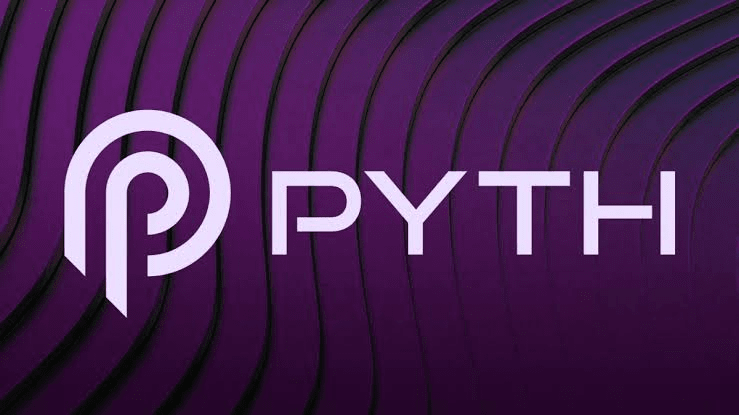
Data has always been the currency of power. From the ancient Library of Alexandria holding the world's knowledge to the high-frequency trading servers of Wall Street, those with the fastest, most accurate information have always held an edge. In the world of blockchain and decentralized finance (DeFi), this truth is magnified a thousand times over. Here, data isn't just an edge; it's the very foundation upon which trillions of dollars in potential value are being built.
But blockchains, for all their power, are isolated. They live in their own digital world, unable to see or hear what’s happening outside. This is the great "oracle problem," and solving it is one of the most critical challenges in crypto. For the next 30 days, we're going to dive deep into the project at the forefront of this battle: the Pyth Network. This is not just a story about an oracle; it's about building the future's trusted source of truth for all financial data.
The Oracle Problem
Before we can appreciate the solution, we must understand the problem. Imagine you have a smart contract for a decentralized lending platform. It needs to know the current price of Ethereum to manage loans and trigger liquidations. How does it get that price? It can’t just Google it.
A blockchain needs a bridge to the outside world, a messenger that can reliably deliver real-world information. This messenger is called an oracle. But this creates a huge point of failure.
What if the messenger lies? A malicious oracle could feed the smart contract a wrong price, causing unfair liquidations and chaos.
What if the messenger is slow? In volatile crypto markets, a price from even 30 seconds ago can be dangerously outdated.
What if there’s only one messenger? Relying on a single, centralized source for data defeats the entire purpose of decentralization.
For years, the oracle problem has been a major bottleneck, limiting what DeFi and other blockchain applications can achieve. A flawed oracle can bring down an entire ecosystem.
Pyth Network approaches this problem from a completely different angle. Instead of relying on a scattered network of third-party nodes that pull data from public websites, Pyth goes directly to the source. It incentivizes the creators of financial data—the world's leading exchanges, trading firms, and financial institutions—to publish their proprietary price data directly onto the blockchain.
This is a game-changer. It’s like getting your news directly from the journalist who was at the scene instead of hearing it passed through a chain of people. This "first-party" data is faster, more accurate, and more reliable than anything that has come before it. Pyth isn't just reporting the market price; it's creating a decentralized, transparent reflection of the market itself, powered by the very participants who define it.
While Pyth is already securing billions of dollars across the DeFi landscape, its ambition is far greater. The mission isn't just to be the best oracle in crypto. The vision is to disrupt the entire $50 billion+ traditional market data industry.
For decades, access to high-quality, institutional-grade financial data has been controlled by a few legacy giants like Bloomberg and Reuters. This data is incredibly expensive and locked away behind centralized paywalls. Pyth aims to change that. By building a global, decentralized marketplace for data, Pyth can provide information that is not only faster and more transparent but also more accessible to developers, researchers, and financial applications all over the world.
This journey is about democratizing financial information and building the foundational data layer for the next generation of finance, both on-chain and off. Over the next 29 days, we will explore every facet of this mission, from Pyth's unique technology and tokenomics to its growing ecosystem and future roadmap.
Join us on this journey to understand how Pyth is building the market’s source of truth.



